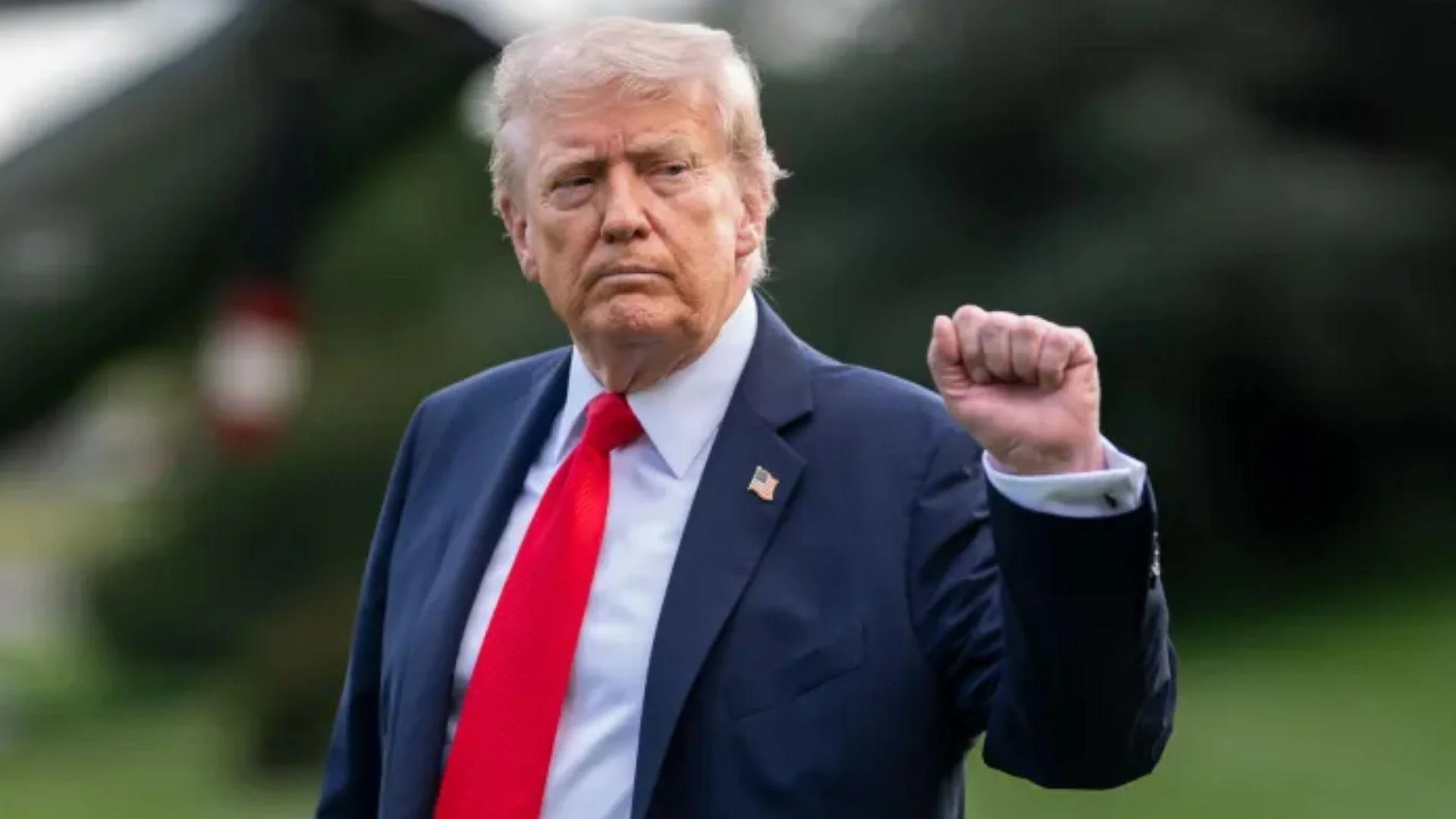The White House announced in a press release that the United States and Australia have launched a framework agreement to bolster supply chains for critical minerals and rare earth elements used in energy, defense, and technology sectors.
According to the White House, the agreement represents a major strategic effort by both nations to counter China’s dominance in global rare earth and critical mineral supply chains, which underpin industries from defense to electric vehicles. The framework emphasizes investment coordination, deregulation of mining permits, and establishment of pricing mechanisms to ensure fair, market-based operations. By intensifying cooperation, the U.S. and Australia aim to reduce dependency on Chinese sources, promote economic security, and reinforce mutual defense manufacturing capabilities.
Under the framework, participants committed to provide at least $1 billion in financing for mining and processing projects in each country within six months. The White House reported that the funds will support facilities producing materials essential for defense and clean energy technologies, including lithium and rare earth oxides. This commitment represents one of the largest bilateral resource investment efforts outside of trade treaties and reflects a shared economic policy objective: creating diversified, liquid, and fair markets free from coercive trade influence.
China currently accounts for roughly 70% of global rare earth production and 90% of processing capacity, according to the International Energy Agency. The U.S., by contrast, produces less than 15% of its domestic rare earth needs and relies heavily on imports from China. By leveraging this framework, Washington and Canberra seek to reclaim strategic independence over minerals vital for electric vehicle batteries, advanced weapon systems, and renewable technologies. Reducing reliance on Chinese suppliers directly undermines China’s control over the global lithium battery and rare earth markets.
The White House serves as the official residence and workplace of the President of the United States since 1800. Located in Washington D.C., it coordinates federal policy and represents the U.S. government in international affairs. The White House frequently issues official statements guiding economic, security, and foreign policy priorities. Under previous administrations like Trump's, it has emphasized American energy independence, strategic mineral development, and countering Chinese economic influence in critical technology sectors.





